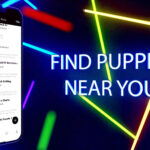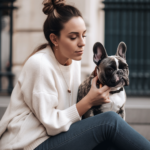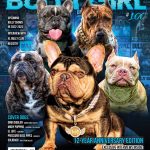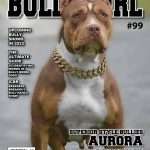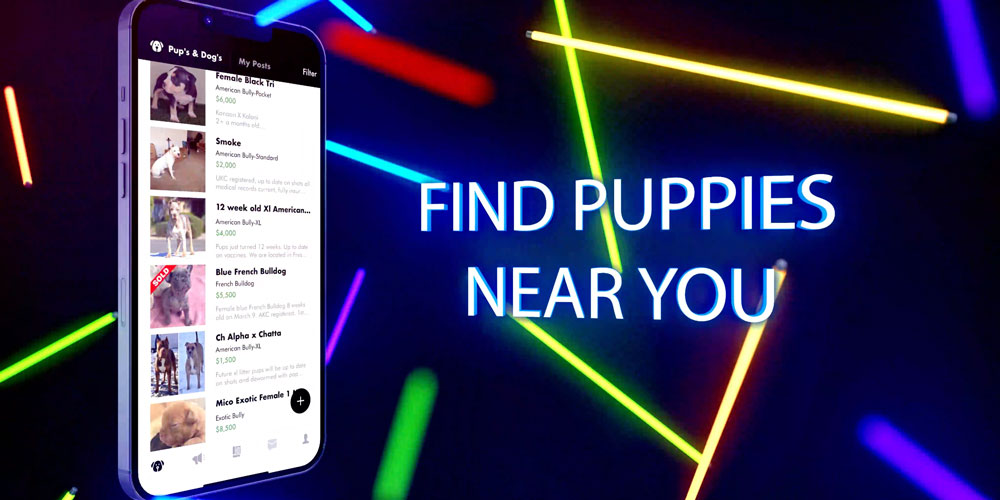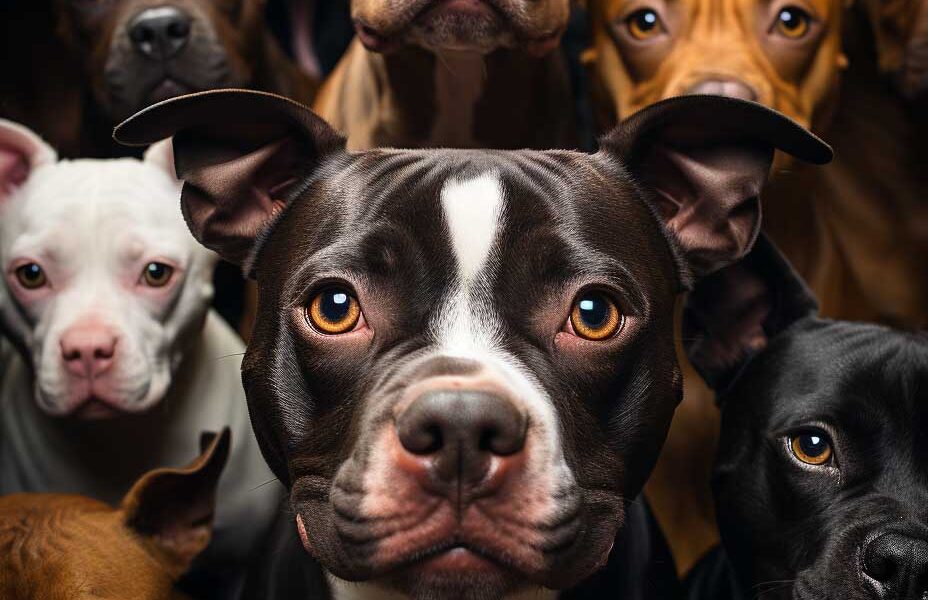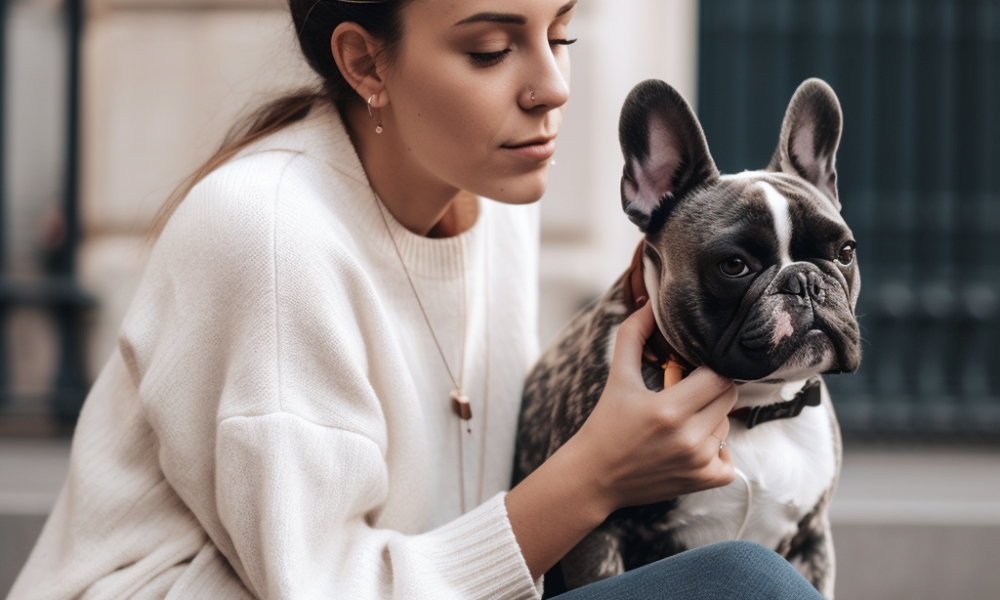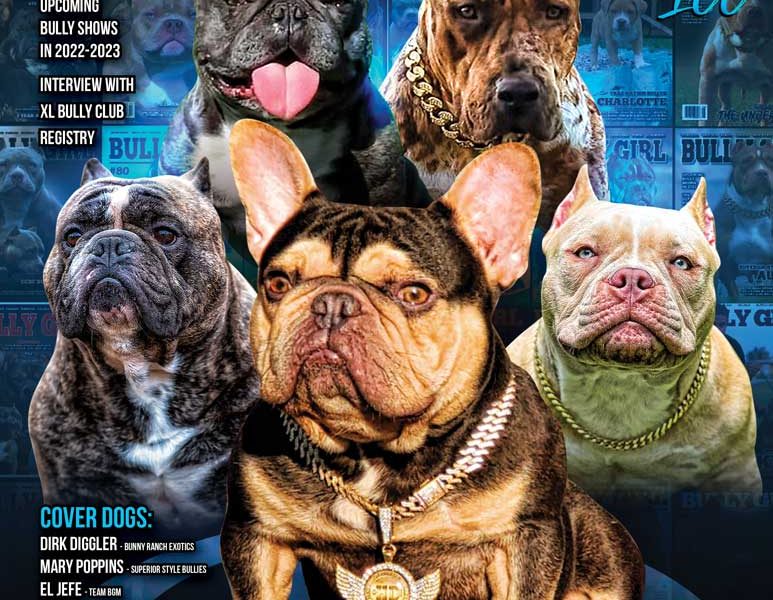 One of the most frustrating parts of being a puppy parent is house training your puppy. Is there a easy painless way to do? Probably not.
One of the most frustrating parts of being a puppy parent is house training your puppy. Is there a easy painless way to do? Probably not.
There seem to be new items on the market like specialized crates which separated sleeping and bathroom break quarters. Sure this will make
cleanup a little easier IF they use the bathroom side for its suggested
purpose. But when it comes right down to it, you just can’t wait until your baby is going outside and you can stop buying the jumbo paper towel packs! A correct timeline for knowing when you puppy should be on his way tobeing housetrained is important. Some people feel the earlier the start
the easier it will be to train the puppy. This is true, however when
puppies are under 12 weeks they have no bladder or bowel control so no
matter how great your efforts are, they simply can’t help themselves!
Every puppy is different, some will train quickly and easily between 4-6
months, others make take up to a year before they really understand what
it is they are being asked to do. It is extremely common for puppies to
grasp the idea and then magically forget they are supposed to go outside
and not on your favorite area rug. It is all part of the training process
and is completely normal. Sometimes the puppies mind and body are on
different pages, meaning he may be mentally capable of understanding what
your asking, but not physically capable of holding it until he gets
outside. So be patient, even if your not having as much like as you’d
like, he may really be trying his hardest for you! A good rule of thumb
is that your puppy c an hold his movements for the same number of house
as how many months he is. 4 months = 4 hours etc.
Simple steps to follow in your Potty training boot camp:
Keep to a consistent schedule, puppies are like kids, routine, routine,
routine! Stick to a feeding schedule and do not let them pick or snack
between meals.
Take your puppy outside constantly. You should be taking them out at least
once an hour, right after meals, play and nap. Outside time should be the
first thing they do when they wake up and the last thing they do before
bedtime.
Know your puppy. Spend enough time with him to know his warning signs
that he’s about to go. Does he sniff? Does he paw? Does he disappear to
that room with your favorite rug? If you seem them starting to do any of
their warning signs , take them outside immediately!
In the beginning your puppy needs to be under constant watch, if you
aren’t all eyes on puppy, he should be confined to either his crate or a
small room baby gated. As your puppy gains your trust that he is going
outside and can be trusted not to go in the house, you can slowly
increase his freedom, allow him access to a 2nd room, or larger part of
the house for small limited time periods. Following 15-20 min increases in
time he is left out, is a good increase that still keeps him on schedule
without too much freedom.
Positive re-enforcement! When your puppy goes outside, tell him know how
good he is. Treats, petting, play time will all positively reinforce that
he did a good thing and make him want to do it again to receive the same
reward. Picking a special treat just for potty training is a good
suggestion. If it’s something special that he likes and knows he will
only get from doing this one specific thing he will make sure he gets
right as often as possible to enjoy that treat!
Negative re-informant doesn’t work. If you catch him in the act of going
in the house or somewhere he’s not supposed to, clap your hands sharply,
startle him enough to interrupt him from going, and bring him outside,
let him finish going where he is supposed to, and then reward him. He
will realize inside gets no treat or reward, and outside does.
If your puppy does have an accident, it is important to properly clean up
to minimize the odor. That scent if left or improperly cleaned
will draw him back to that same spot again and again. Use of an enzymatic
cleaner is your best option. Avoid cleaning with ammonia based cleaners,
as urine contains ammonia and will draw your puppy back to pee in this
spot again.
If your really having a hard time with potty training, they are always
experts which can be called in to help you with your training. But give
it a good solid try, have some faith in yourself and your puppy. Remember
how long it took to potty train your kids, and try to be patient with
your puppy!
